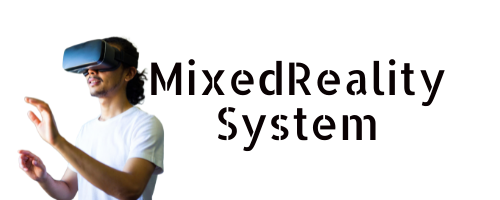In an era where digital information flows as freely as water, Wikipedia stands as a modern-day Library of Alexandria, revolutionizing how humans access and share knowledge. With over 6.9 million articles in English alone and a presence in more than 300 languages, this digital powerhouse attracts a staggering 4.4 billion monthly visitors, making it the go-to source for curious minds worldwide.
Behind this massive knowledge repository lies a fascinating ecosystem of 260,000+ volunteer editors, working tirelessly like digital librarians to maintain and expand humanity's collective wisdom. These dedicated folks, along with their robotic assistants (yes, there are actually bots helping out!), process about 18 edits every second, ensuring information stays fresh and accurate. It's like having a global team of fact-checkers working around the clock, except they're doing it for free! The foundation's investment in regional community officers helps ensure diverse perspectives and local needs are represented across the platform. The platform adds approximately 530 new articles each day, continuously expanding its vast knowledge base. Similar to virtual reality learning, Wikipedia's immersive approach to knowledge sharing has shown to significantly improve information retention and engagement.
When COVID-19 hit, Wikipedia proved its worth as the world's virtual museum of knowledge, racking up 579 million pandemic-related page views in 2020 alone. During times of crisis, it became the most trusted online health resource, showing how far we've come from the days of dusty encyclopedias gathering cobwebs on library shelves.
What makes Wikipedia truly special is its commitment to staying free and independent. As a nonprofit, it's like that friend who shares everything they know without expecting anything in return. This digital commons has even caught the attention of AI developers, who use its vast human-generated content to train tools like ChatGPT, proving that knowledge really does multiply when shared.
Looking ahead, Wikipedia continues to evolve, adding about 11MB of text daily to the English version alone. With projects like Wiktionary for word definitions and Wikivoyage for travel guides, it's becoming more than just an encyclopedia – it's transforming into an extensive digital archive of human knowledge, accessible to anyone with an internet connection. Now that's what you call democratizing information!
References
- https://ssir.org/articles/entry/wikipedia-trusted-information-community
- https://intetics.com/blog/empowering-global-knowledge-intetics-decade-long-support-for-wikipedia/
- https://wikimediafoundation.org/news/2025/02/12/wikipedia-recognized-as-a-digital-public-good/
- https://en.wikipedia.org/wiki/Wikipedia:Statistics
- https://www.youtube.com/watch?v=Wj8na1GFXMs



Leave a Reply